How to be proactive with my new peach trees
pantichd
11 years ago
Related Stories
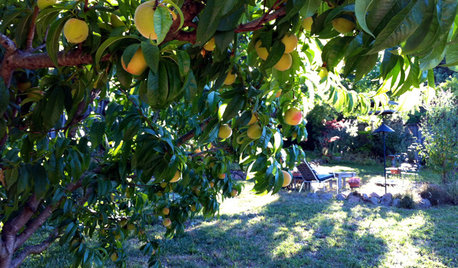
EDIBLE GARDENSHow to Grow Your Own Peaches and Nectarines
Make gardening a little sweeter with these juicy fruits, which you can eat after plucking or preserve for later
Full Story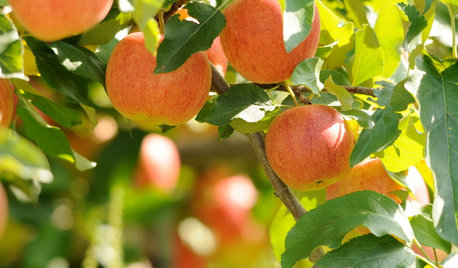
TREESHow to Plant a Fruit Tree
Great Home Project: Choose the best tree for your region, plant it to thrive and enjoy sweet rewards year after year
Full Story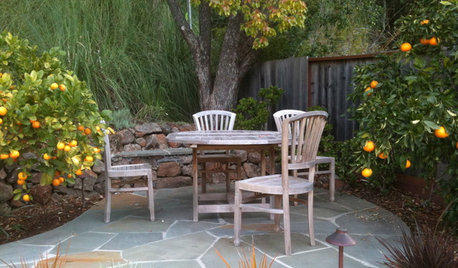
GARDENING AND LANDSCAPINGCrazy for Fruit Trees
Whether a single citrus or a mini apple orchard, even the smallest landscape space can bear deliriously delicious fruit
Full Story
WINTER GARDENINGHow to Prune Your Fruit Trees in Winter
Garden chores may slow down this season, but pruning your fruit trees now means healthier plants that will produce more
Full Story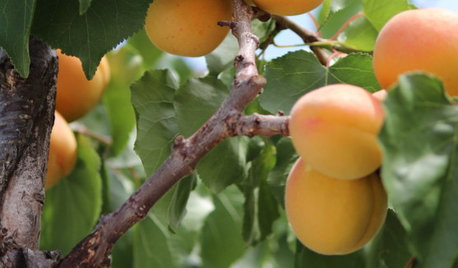
FARM YOUR YARDIf You Have Room for Only One Fruit Tree ...
Juice up a small garden with one of these easier-care or worth-the-effort fruit trees for a mild climate
Full Story
EDIBLE GARDENSHow to Grow 10 Favorite Fruit Trees at Home
Plant a mini orchard in fall, winter or early spring to enjoy fresh-off-the-tree fruit the following year
Full Story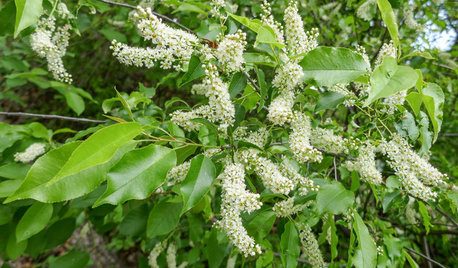
GARDENING GUIDESPlant Black Cherry Trees for the Birds and Bees
Plant Prunus serotina in the Central and Eastern U.S. for spring flowers, interesting bark and beautiful fall color
Full Story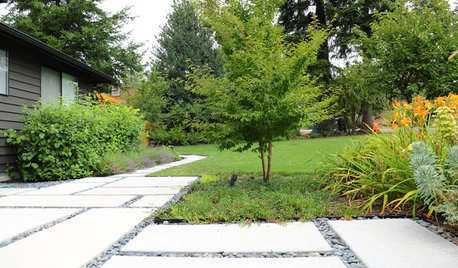
ARBOR DAY10 Trees Landscape Designers Love
In honor of Arbor Day, consider adding a beautiful and beneficial tree species favored by designers around the country
Full Story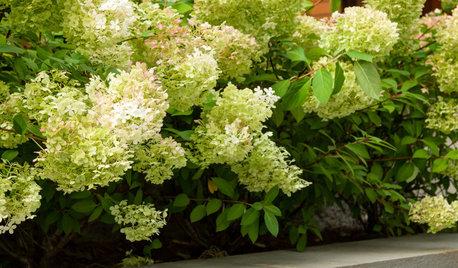
GARDENING 101When Should You Prune Your Trees and Shrubs?
Pruning keeps plants healthy. Find out the best time to cut back flowering trees, needle-bearing shrubs and more
Full Story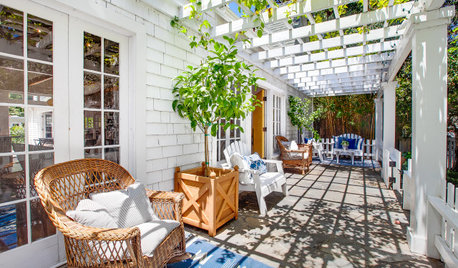
GARDENING GUIDESHow to Grow Trees in Containers
Get tips on how to grow and maintain healthy trees — and which types to choose — from landscape design pros
Full Story





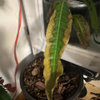
blazeaglory
alan haigh
Related Professionals
Belmont Landscape Architects & Landscape Designers · Kenmore Landscape Architects & Landscape Designers · Rancho Palos Verdes Landscape Architects & Landscape Designers · Concord Landscape Contractors · Fort Payne Landscape Contractors · Galt Landscape Contractors · Hayden Landscape Contractors · Huntington Landscape Contractors · Las Vegas Landscape Contractors · Middleton Landscape Contractors · Ringwood Landscape Contractors · Tamarac Landscape Contractors · The Villages Landscape Contractors · Wailuku Landscape Contractors · Woodbury Landscape Contractorsblazeaglory
blazeaglory
alan haigh
bamboo_rabbit
pantichdOriginal Author